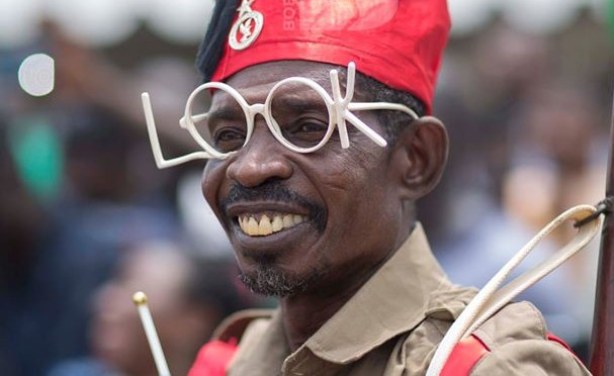In the golden era of Ghanaian television comedy, one name stood tall, captivating audiences with his eccentric style, poetic humor, and trademark delivery Bishop Bob Okala.
Born Samuel Kwadwo Boaben in 1957, he was more than just a comedian; he was a symbol of joy and laughter for millions of Ghanaians at a time when local content was just beginning to bloom.
Bob Okala rose to national prominence in the 1980s and 1990s through the popular GTV show Key Soap Concert Party, a variety program that became a staple in Ghanaian homes every weekend. With his oversized suits, unpredictable antics, and spiritually charged stage presence, Okala stood out even among comedy legends like Bob Santo, Nkomode, and Agya Koo.
His journey to stardom, however, was not a straight path. A former footballer with dreams of a sports career, Okala’s plans were cut short by injury. Undeterred, he redirected his energy into the arts, joining the drama group Kusum Agoromma. It was here that he discovered his gift for storytelling and comedic timing—traits that would define his career and inspire generations of performers.
Bishop Bob Okala’s performances were more than just slapstick. They carried subtle political and social commentary, interwoven with spiritual symbolism and satire. His “bishop” persona added an extra layer of irony and mystique, making his routines both entertaining and thought-provoking.
Tragically, the life of this comedy luminary was cut short on March 13, 2016. After performing at an event at the Koforidua Jackson Park, he collapsed and was later pronounced dead at the Eastern Regional Hospital. He was 59 years old.
His passing marked the end of an era, but his influence remains. To this day, his clips continue to circulate online, introducing younger audiences to the man who could command a crowd with nothing more than a microphone and a mission to make them laugh.
In an age of rapidly evolving entertainment, Bishop Bob Okala’s legacy is a poignant reminder of the power of live performance, authenticity, and humor rooted in culture. Ghana did not just lose a comedian—it lost a cultural ambassador, a pioneer, and a beloved son.


